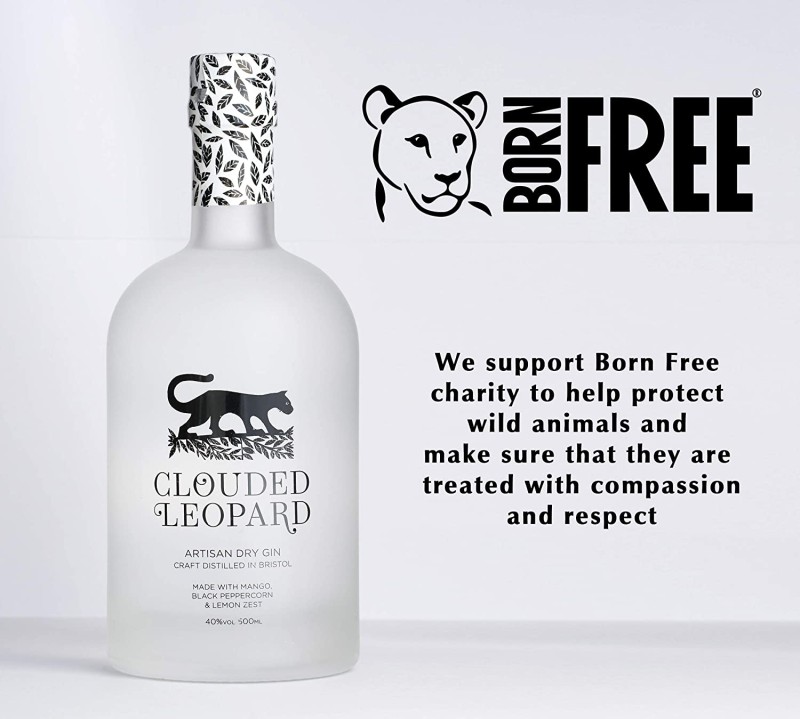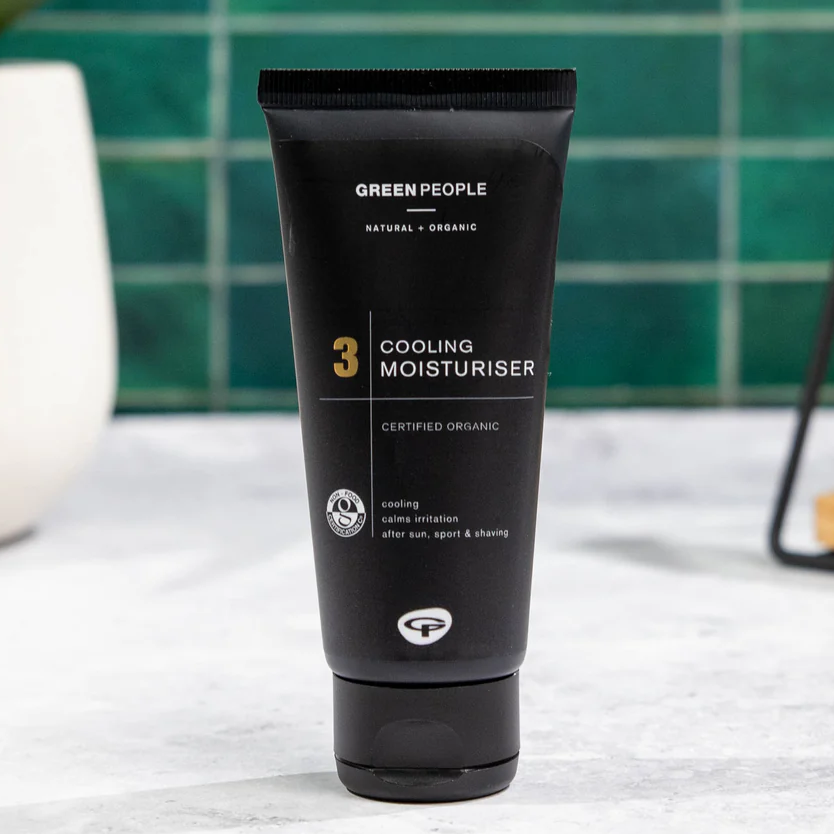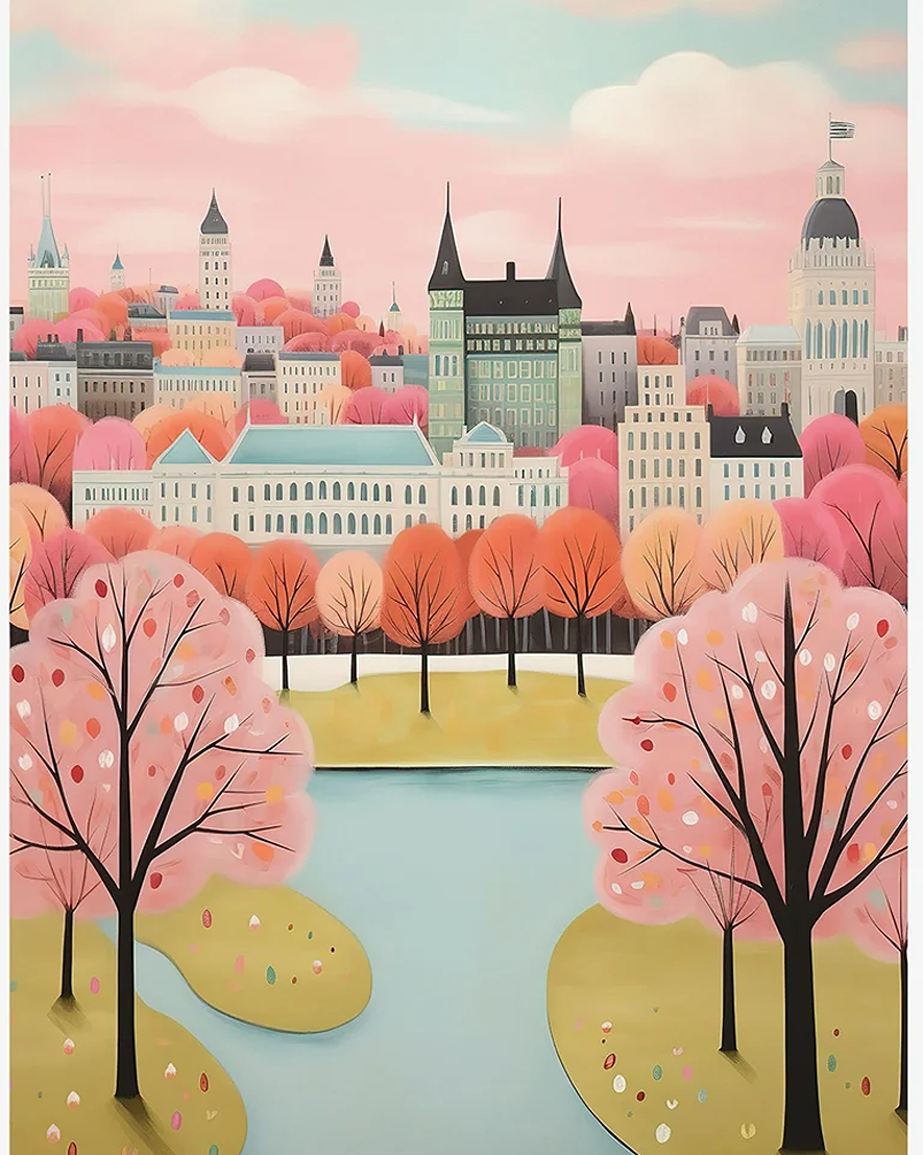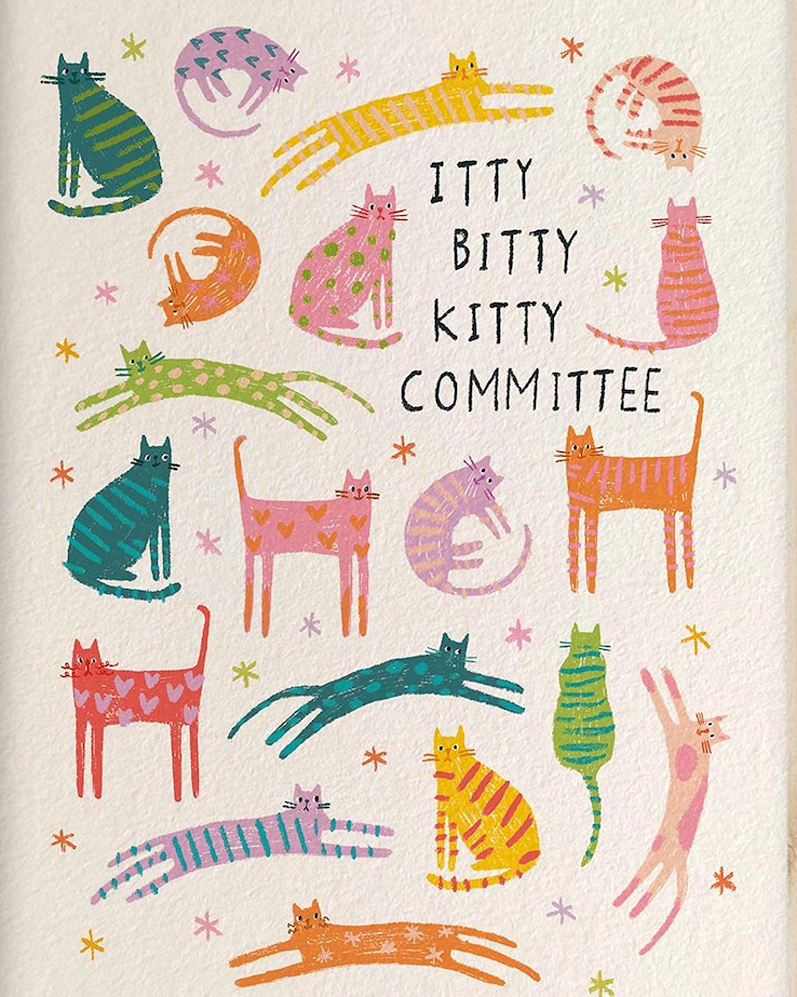Ink + Ocean (jojoba oil scents from London)

Ink + Ocean Botanicals is a London scent brand, which offers natural jojoba oil-based organic scents in glass bottles, plus organic solid perfumes in glass jars.
Formulated by a qualified aromatherapist, click the ‘perfume’ category to the left on the Etsy shop link, to find dozens of options.

The range includes Jardin de Papillon, which is like ‘walking into a summer garden’, with top notes of lavender and bergamot, middle notes of magnolia and ylang ylang, and end notes of earthy sandalwood and vetiver.
Also in a wildflower scent, with notes of fresh mint, lavender and chamomile, middle notes of rose and ylang ylang and base notes of cedarwood and patchouli.
Solid perfumes are popular, as they don’t spill and are good for travel, like taking through airport security that now bans some liquid in bottles. The waxy base also holds scent longer.
Others also don’t have to ‘walk through a cloud of scented mist’, even if you like to! They are also more affordable, as you are not ‘spraying scent into the air’, that just gets wasted.
Why Choose Natural Perfumes & Cologne?
Most brands contain hidden animal ingredients and over-priced plastic packaging. Synthetic fragrances can bring on allergies, skin irritation, and headaches. The term ‘fragrance’ or ‘parfum’ on a label could mask dozens of chemicals, some of which may be triggers for asthma or skin conditions. Children and pets are especially sensitive, sometimes reacting to lingering sprays on skin or furniture.
Natural perfumes, built from plant oils and pure extracts, cut down on risky chemicals. They don’t solve every allergy issue, but often use fewer irritants and avoid harsh synthetics entirely. Chanel No 5 (the world’s best-selling fragrance) uses synthetic ‘parfum’. It’s all marketing.
Animal Ingredients and Animal Testing
Many traditional perfumes are still made with animal ingredients:
- Civet is from the glands of an Asian wild cat
- Castoreum (also used in ‘fake vanilla’) is from beavers
- Castoreum is from beavers
- Musk is from a tiny Siberian deer
- Hyraceum is from an African guinea pig
- Ambergris is from ‘whale poop’
- Some perfumes use beeswax
- Others use animal-derived fixatives
Ensure Plants are Sustainably-Harvested
Avoid perfumes with rosewood oil (from a wild Amazonian endangered tree (environmentalists say to avoid it, until numbers recover (but lax labelling laws, means scents don’t have to list if they contain it).
These wild trees are also home to many endangered species of birds and wildlife too. Sandalwood and frankincense must also carry guarantees of sustainable harvesting.
Eucalyptus is another oil that you have to be careful with. These trees are home to koala bears, and some people in Australia use chainsaws to harvest the trees, without thought to these beautiful gentle marsupials.
These trees are also very flammable, so there are concerns if planted in mono-cultures. Portugal and Spain have already banned new plantations (the trees are also used to grow fabric for tencel fabric), due to wildfires.
How to Dispose of Old Perfumes Responsibly
Don’t just pour old perfumes down the drain. These scents may contain alcohol or oils that harm wildlife and water systems. Use it up, recycle empty bottles, or take full or half-full bottles to your hazardous waste facility.






